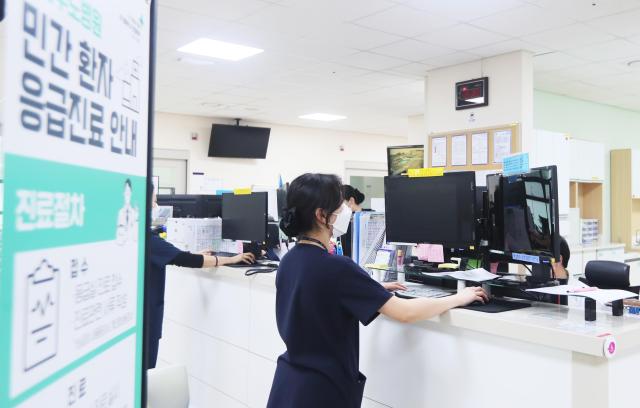
SEOUL, October 13 (AJP) - South Korea ranks second among developed nations in antibiotic consumption, raising alarm among health authorities over growing risks of drug resistance.
According to data from the Korea Disease Control and Prevention Agency (KDCA) and the Organization for Economic Cooperation and Development, South Koreans used 31.8 defined daily doses (DID) of antibiotics per 1,000 people per day in 2023 — the second highest level among OECD members.
The figure marks a sharp rise from 25.7 DID in 2022, when South Korea already exceeded the OECD average of 18.9 DID and ranked fourth.
The World Health Organization has warned that antibiotic resistance is one of the world’s top 10 public health threats. Misuse or overuse of the drugs allows bacteria to evolve and survive treatments, leading to longer hospital stays, higher medical costs, and more fatalities — particularly among children and older adults.
In response, the KDCA last November began a pilot program to encourage hospitals to prescribe antibiotics only when medically necessary and to use the most effective type, dose, and duration.
The early results have been encouraging: all hospitals in the program implemented restricted antibiotic use, compared with just 56.6 percent of non-participating hospitals.
Still, manpower shortages are slowing progress. More than half of hospitals with at least 300 beds — about 53.6 percent — were unable to join the pilot program because they lacked trained personnel.
The KDCA said it will expand the initiative in its second year to include more institutions, aiming to make the program a standard nationwide practice.
“Proper antibiotic use is crucial for protecting the lives of vulnerable populations like the elderly and children,” said KDCA Commissioner Lim Seung-kwan. “We intend to broaden this program to smaller and long-term care hospitals so that responsible prescribing becomes the norm.”
* This article, published by Aju Business Daily, was translated by AI and edited by AJP.
Copyright ⓒ Aju Press All rights reserved.



